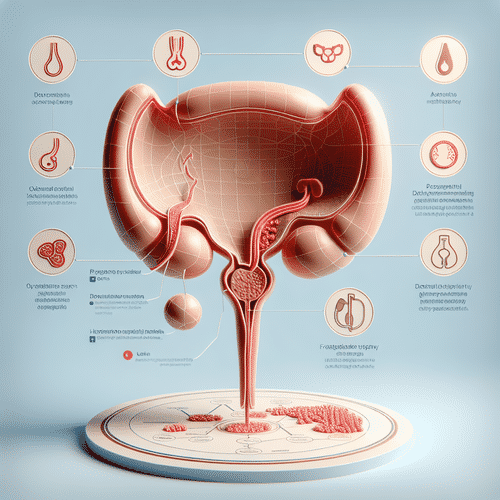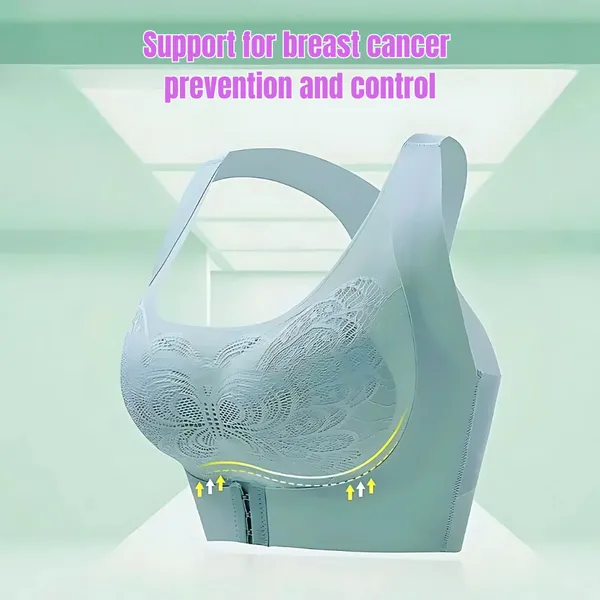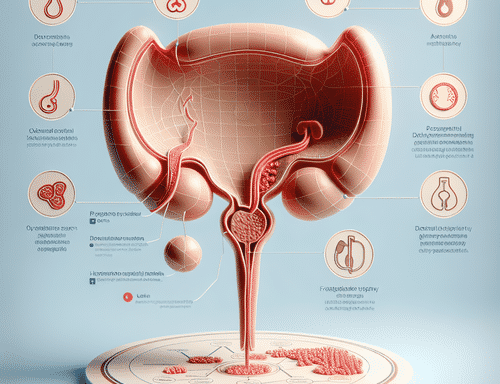Bladder cancer can present with certain early signs, which, when detected timely, can lead to earlier diagnosis and treatment. Understanding these early indicators is crucial for initiating appropriate medical consultation. Here we explore these initial signs intricately.

Blood in Urine
One of the most common early signs of bladder cancer is hematuria, or blood in the urine. This symptom might appear intermittently and can be often painless. The urine may appear pink, red, or dark-colored due to blood presence, and even small amounts could signify a need for medical evaluation. It’s important for individuals to consult a healthcare professional if they observe such changes.
Increased Urgency
Another potential sign of bladder cancer is an increased urgency to urinate. Patients may find themselves needing to urinate more frequently than usual or having a stronger sudden urge to urinate. This can sometimes be mistaken for a urinary tract infection. However, if these symptoms persist without explanation, seeking medical guidance is advisable to rule out other potential causes.
Painful Urination
Experiencing pain or a burning sensation during urination, known medically as dysuria, can also be a symptom of bladder cancer. This discomfort is often ignored or misattributed to other conditions. Persistent pain should not be overlooked, and discussing these symptoms with a healthcare provider can help determine if further investigation is warranted.
Pelvic or Back Pain
In some cases, bladder cancer may cause pain in the pelvic region or lower back. This symptom may occur if the cancer begins to affect surrounding tissues or organs. While pelvic or back pain can result from various conditions, an unexplained consistent pain should be evaluated by a medical professional, particularly if other urinary symptoms are present.
Changes in Urination Pattern
Changes in how frequently an individual urinates or the amount of urine produced can hint at underlying issues including bladder cancer. A noticeable reduction in urine flow or a feeling of incomplete bladder emptying could be significant. Such changes warrant a thorough assessment by a healthcare provider to pinpoint the cause

Breast Cancer Prevention and Control Support Bra, researched and developed by Professor, Ph.D., M.D. Matsuoka Yoshinori from Japan. He has over 25 years of experience in cancer research. For more details” Please visit: https://awabreastcancer.com/products/breast-cancer-prevention-bra


